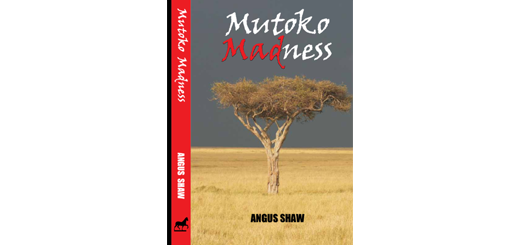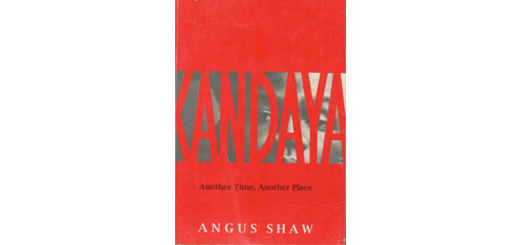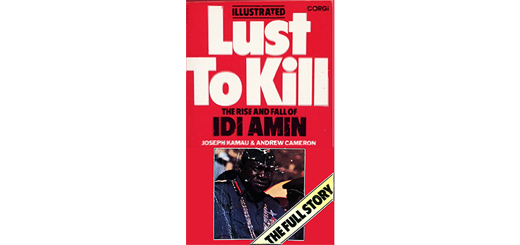Another look at the state of the nation …
 These two brand new street sweeping trucks have been imported to clear up the mess Harare has become. Too little too late, once again? And will the ladies in city overalls with brooms and barrows join the riptide of unemployed?
These two brand new street sweeping trucks have been imported to clear up the mess Harare has become. Too little too late, once again? And will the ladies in city overalls with brooms and barrows join the riptide of unemployed?
In unprecedented scenes in the Zimbabwe parliament, Mr Mugabe was roundly booed by the opposition during his brief and overly optimistic state of the nation address in which he did not admit, of course, that the whole country lies in a metaphorical rubbish tip.
Investment and growth is non-existent. Electricity, water and delivery of all services – health and education included – are at record lows. Parents don’t have enough money for school fees, increasing absenteeism again in the new school term that’s just begun, and the state, desperately seeking money too, has imposed duties on books that will have a dire effect in already stressed schools.
At the epicentre of the crisis, says the independent Zimbabwe Democracy Institute, is a breakdown of trust in all sectors of the economy. “People do not trust the government. The government does not trust the people. The private sector does not trust the government; a low trust economy is a high risk economy” where laws that impinge on people’s rights are the first resort to delay reaching the final, catastrophic tipping point.
The Mass Public Opinion Institute gives equally telling and gloomy nationwide results from its latest “state of the nation” survey:
82 percent of those polled said the government performed “fairly badly/very badly” on narrowing the gap between the rich and the poor.
52 percent said the economy was perceived as “fairly bad/very bad.”
30 percent said they go without food “several times/many times.”
40 percent said their first source of food was subsistence farming.
67 percent said the government failed to provide a reliable supply of electricity.
51 percent said personal living conditions were “fairly bad/very bad.”
69 percent of urban people polled said the the government performed “fairly badly/very badly” in providing water and sanitation.
58 percent of urban respondents said the country was heading “in the wrong direction.”
46 percent of all those polled said they did not benefit at all from mining resources (diamonds, gold, platinum.)
93 percent of urban respondents said the government performed “fairly badly/very badly” on employment.
Asked what is the most import thing the government has done since the July 2103 elections 27 percent said “nothing.”
57 percent said “most/all of the police” are perceived to be corrupt.
53 percent said high level corruption was to blame for problems in the economy; 35 percent blamed Western economic sanctions.
71 percent said they did not have access to the Internet.
24 percent who had access to the Internet said they used mobile phones, 2 percent said they had a personal computer at home, 18 percent said they used the Internet for social media and 4 percent said they used it for accessing news.
18 percent said they could not afford to access either printed or electronic news.
The survey questioned 2,400 adults in all areas and from all backgrounds and the results were calculated to have a margin of error of +/- 2 percent at a 95 percent confidence level that the findings truly reflected the views of the general population.




